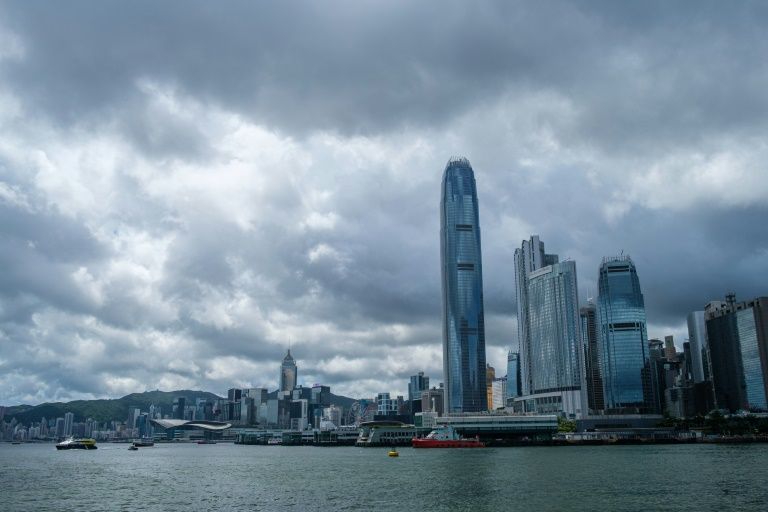Hong Kong to take US to WTO over ‘Made in China’ label rule
The decision, which came as China imposed a sweeping new security law on the business centre, reflected Washington’s belief that Hong Kong is now “just another Chinese city” and does not deserve special trade privileges.
The new rules state that products from the city — which used to be allowed to carry a “Made in Hong Kong” label — now needed to say “Made in China”.
On Friday, Hong Kong officials confirmed they would bring the dispute to the WTO’s settlement mechanism.
“The US’ unilateral and irresponsible attempt to weaken Hong Kong’s status as a separate customs territory is highly inappropriate,” secretary for commerce Edward Yau told reporters.
“Such a move also confuses the market and undermines the rules-based multilateral trading system,” he added.
Hong Kong, one of the world’s great trading ports, is a member of the WTO, even though it is part of China.
It is run under a “one country, two systems” model where China grants the city greater rights and autonomy than the mainland, including its own customs and immigration rules.
However, critics say Beijing has been fast eroding that autonomy in recent years, even more so as it responds to huge and often violent democracy protests last year.
The new labelling rules are expected to come into force on November 9, less than a week after an election in the US that sees Trump facing off against rival Joe Biden.
China blanketed Hong Kong in a new security law to stamp out huge and often violent pro-democracy protests that convulsed the city last year.
Both Beijing and local authorities said it would have no impact on businesses and would restore stability.
But economic consequences have rippled through the recession-hit hub as authorities use the new powers to pursue political opponents.
Hong Kong businesses that do export to the US have had to change their labels or print new ones.
The city’s pro-Beijing leadership previously downplayed Washington’s decision, noting that Hong Kong-made shipments to the US were worth just HK$3.7 billion ($480 million) in 2019, less than 0.1 percent of the city’s gross exports.
Disclaimer: Validity of the above story is for 7 Days from original date of publishing. Source: AFP.


